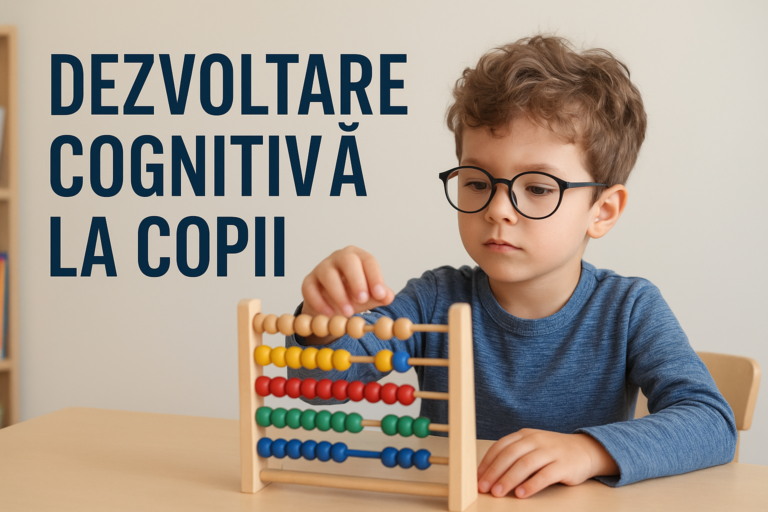In recent years, we have entered what many psychology experts call a global mental health crisis. Stress, anxiety, depression, and mood disorders are no longer isolated challenges faced by a few—they have become widespread realities affecting people of all ages, cultures, and backgrounds. The fast pace of modern life, economic uncertainty, social isolation, and the aftershocks of global events such as the COVID-19 pandemic have all contributed to rising rates of mental health difficulties. What was once dismissed or hidden has become impossible to ignore.
The Scope of the Problem
To understand fully why this is a crisis, it helps to look at the data and the patterns:
- According to the World Health Organization, one in four people worldwide will experience a mental health condition at some point in their lives.
- Among the most common disorders are anxiety and depression, but we are also seeing increasing rates of burnout, stress-related illnesses (such as chronic stress, sleep disorders, and somatic symptoms), and emotional dysregulation—difficulty managing or regulating feelings.
- Even younger generations—children and adolescents—are more vulnerable than ever. Issues such as attention difficulties, low self-esteem, the pressures of social media, and digital overload are increasingly common.
These are not isolated or occasional problems. They accumulate, creating a burden for individuals, families, workplaces, and communities.
Why It Matters Now More Than Ever
Untreated mental health problems do more than cause emotional pain—they ripple outward, affecting nearly every area of life:
- Relationships: Strained family dynamics, friendships that suffer, romantic relationships under pressure. When someone is depressed or anxious, closeness often suffers. Patterns of withdrawal, irritability, or misunderstanding may increase.
- Productivity & Work: Mental health difficulties reduce concentration, energy, motivation. They can lead to absenteeism, presenteeism (being physically present but not fully functioning), and declining performance.
- Physical Health: There is a strong link between mental and physical health. Chronic stress, for example, can weaken immune function, increase risk for cardiovascular disease, digestive problems, sleep disorders, and chronic pain.
- Severe Consequences: In the worst cases, untreated depression or anxiety can lead to self-harm or suicide. Sadly, many of these cases are preventable if help is accessed early.
Global changes—economic instability, natural disasters, pandemics, displacement, climate anxiety—have all added layers of uncertainty. In many places, healthcare systems struggle to keep up. Awareness is increasing, but access to professional support remains uneven.
What You Can Do
Despite the scale of the problem, there are many things individuals, communities, and societies can do to respond. Not all solutions require therapy or medical intervention, though those can be vital. Here are strategies that help:
- Seek Professional Help Early
Reaching out to a licensed psychologist, psychotherapist, psychiatrist, or counselor is often the most effective path when symptoms are more than occasional or mild. Evidence-based therapies such as Cognitive Behavioral Therapy (CBT), mindfulness-based interventions, and even medication (when indicated) can be very helpful. - Self-Care Practices
These are foundational and often undervalued. They include:- Sleep hygiene: Getting regular, sufficient sleep, minimizing screen time before bed, keeping routines.
- Physical exercise: Even moderate activity several times a week helps—walking, yoga, swimming. Exercise releases endorphins, reduces stress hormones, and improves mood.
- Balanced nutrition: What we eat affects brain chemistry; diets high in processed foods may worsen mood, while those rich in whole foods, healthy fats, lean proteins, fruit and vegetables tend to support it.
- Mindfulness, meditation, or relaxation techniques: Breathing exercises, body scans, guided meditations can help quiet racing thoughts and reduce anxiety.
- Stay Connected
Positive social relationships act as a buffer against mental health struggles. Regular contact with friends or family, being part of a community group, volunteering—these all build support networks that help reduce feelings of isolation. - Manage Stress Proactively
Learning stress management techniques—time management, setting healthy boundaries, saying no when needed—can reduce the cumulative burden of small stressors before they become overwhelming. - Educate Yourself & Others
Understanding mental health—what anxiety or depression look like, what is “normal” stress versus a more serious issue—helps reduce stigma and encourages earlier help-seeking. When people around you are supportive and knowledgeable, it becomes safer for those struggling to speak up.
How Therapy Helps: The Role of CBT and Psychological Support
While self-help strategies are valuable, professional support is often essential for more persistent or severe cases. Here’s how clinical psychology and therapies like CBT can make a difference:
- Cognitive Behavioral Therapy (CBT) helps people identify and challenge unhelpful patterns of thinking (cognitive distortions), behaviors that keep anxiety or depression going, and learn more adaptive coping strategies.
- Therapy can provide structure—helping clients set goals, track progress, develop concrete skills.
- It also gives a safe space to explore difficult emotions, trauma, or stressors under the guidance of someone trained to listen, understand, and help manage.
- For children and adolescents, therapeutic work may include support in schools, working with families, building resilience, self-esteem, and helping them cope with peer pressure or identity issues.
- Group therapy or support groups can reduce the sense of isolation; seeing others face similar struggles is often reassuring and empowering.
What I Offer & How I Can Help
As a clinical psychologist and CBT (Cognitive Behavioral Therapy) psychotherapist, I work with children, adolescents, and adults who are experiencing the effects of the worldwide mental health crisis. My work includes:
- Individual therapy sessions tailored to your specific needs and circumstances.
- Group sessions, where shared experiences can offer support and reduce isolation.
- Psychological evaluations that help clarify diagnoses, identify strengths, and map out a clear therapeutic plan.
My approach combines scientific, evidence-based methods with compassion and understanding. I believe that healing is more than removing symptoms—it’s about helping someone find balance, resilience, and renewed well-being so they can live a meaningful, fulfilling life.
If you are facing anxiety, depression, or simply overwhelmed by the pressures of modern life, support is available. You don’t need to go through this alone.






